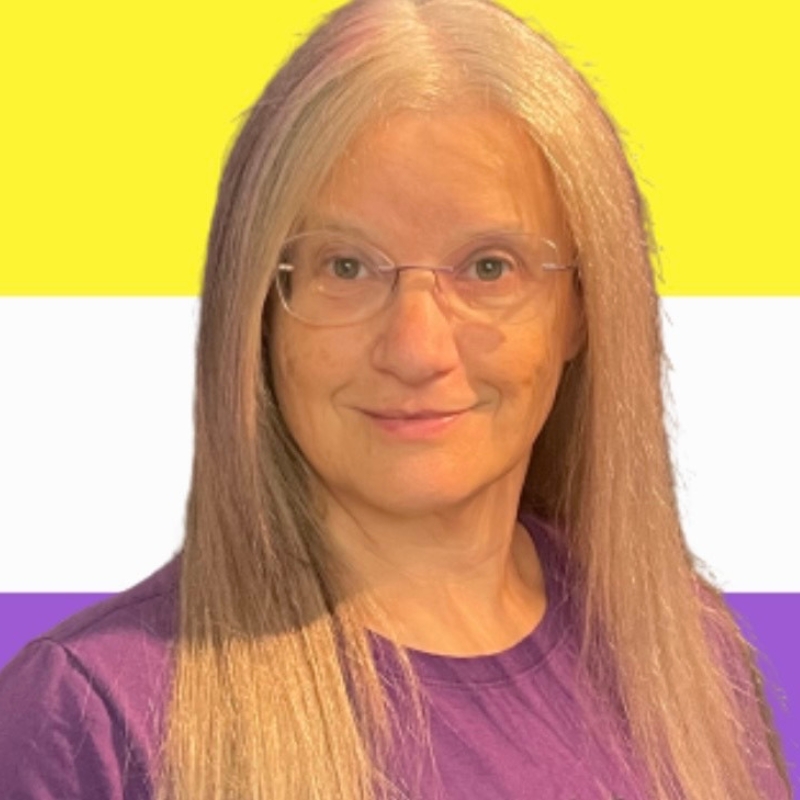When I was growing up in Israel in the 1970s, my father, of blessed memory, loved quoting the Mishnah, the laws and stories of early rabbinic Judaism. One of his favorites was Rabbi Shemaiah, who adjured his students to hate haughtiness, rabbanut in Mishnaic Hebrew (Pirkei Avot 1:10). The joke was that in the State of Israel, that word also denotes the Jewish religious authorities, who were empowered, without our consent, to decide whom we could marry and what we could eat. Ergo, we should hate the Rabbanut — and few secular Israelis would disagree.
Hate is a strong word, one that my father z”l did not use lightly, despite his satirical misreading of the Mishnah. What is it about religious coercion that causes such passionate feelings? Why does it feel like such a violation, when we often accept state coercion in other realms of our lives?
In this week in which both Canadians and Americans celebrate their independence from the same colonial power, let’s consider what it means to be a free people.
Our social contract gives the state a monopoly on violence to enforce its laws. Citizens who disagree with certain laws are free, in theory, to protest, petition, run for office, or do other non-violent things to get them revoked. If we don’t like our current government, we have a duty to try and change it.
What about religious coercion? It tends to be in those intimate areas of our lives — food, sex, worship, family, clothing — where, to paraphrase former Prime Minister Pierre Elliott Trudeau, the state has no place. Can it force us to obey those who claim to speak in the name of the Divine?
Find more commentaries on Korach.
Our ancestors certainly seem to have thought so, and Parshat Korach is a good example. In the opening verse (Numbers 16:3), Moses’ and Aaron’s cousin Korach, along with others, has a problem with their authority.
They combined against Moses and Aaron and said to them, “You have gone too far! For all the community are holy, all of them, and THE ETERNAL is in their midst (betocham Adonai). Why then do you raise yourselves above THE ETERNAL’s congregation?”
This question provokes a violent reaction from God, resulting in the death of thousands, including Korach and his family. The rebellion is quashed — even the most passionate activists can burn out, especially under severe repression. Later in the parshah they ask, “Are we done dying now?” (Numbers 17:28).
About 2,000 years later, in a famous Talmudic story (Shabbat 88a), the rabbis imagined that the people stood under Mt Sinai rather than at its foot, and that God held the mountain over their heads, threatening to kill them all unless they accepted the Torah. Religious coercion doesn’t get any more blatant than this, and the rabbis concluded, as any contract lawyer would, that the covenant could not possibly be binding under these circumstances. Don’t worry, said the famous sage Rava — at the time of Esther, the people freely accepted the covenant! No coercion required.
Sign up to receive (M)oral Torah in your inbox each week.
Of course, as was typical of the rabbis, this was as much of a creative misreading of the plain text of the Megillah (Esther 9:27) as my father’s misreading of Rabbi Shemaiah. So how does a free people accept authority, Divine or otherwise, without coercion?
Let’s go back to Korach’s words. “For all the community are holy, all of them, and THE ETERNAL is in their midst.” All of them were created in the image of the Divine. Indeed, perhaps a better translation of betocham is that THE ETERNAL is within them, rather than in their midst. Is that the answer?
Paradoxically, while the rabbis did not have a high opinion of the common people, they also declared them to be “if not prophets, then children of prophets” (Pesachim 66a), who would know the right thing to do, even when an eminent rabbi such as Hillel (student of Rabbi Shemaiah, remember him?) has forgotten what the tradition is.
A truly free people accepts its covenants without coercion. As we work for a better world, one of true dignity and equality for all, it’s important to remember that. Maybe then we can stop hating the Rabbanut.
I think that Korach would agree.
Emet Eviatar is a rabbinical student at the Academy for Jewish Religion. They live in Winnipeg, Canada, and appreciate how technology has given us the freedom to create community everywhere.

